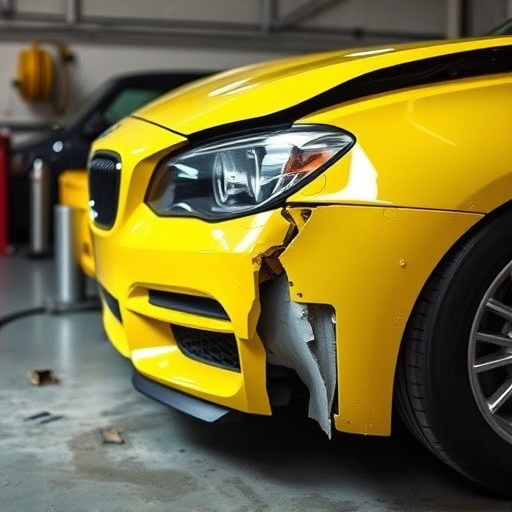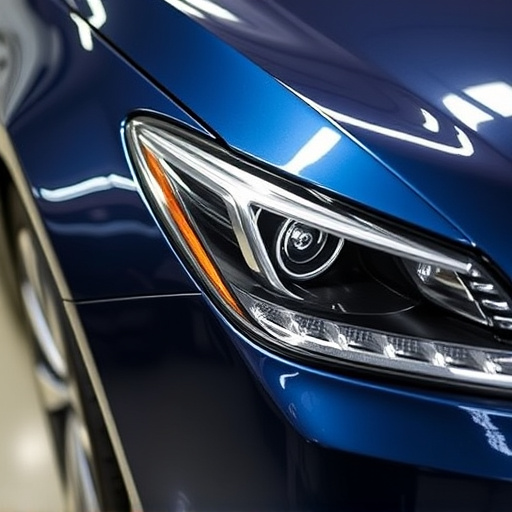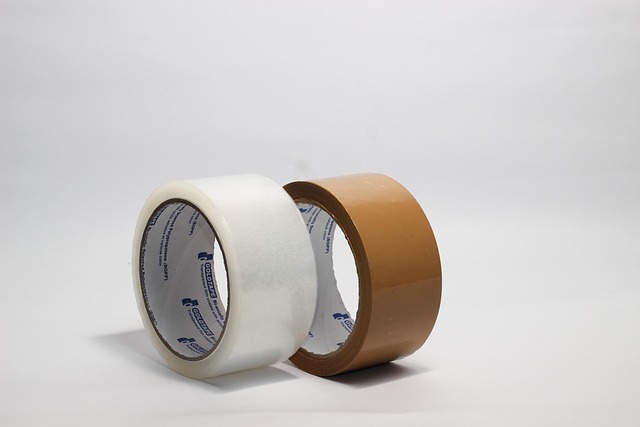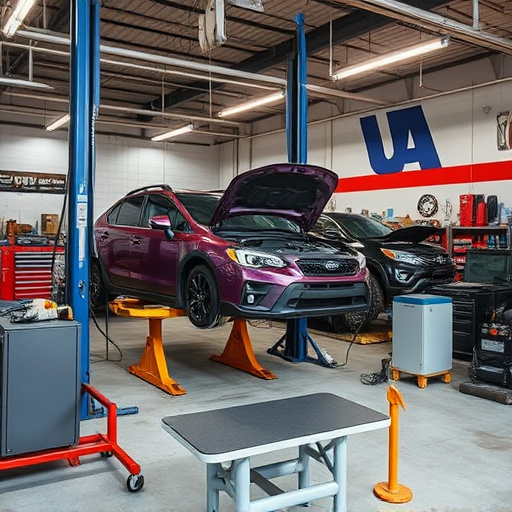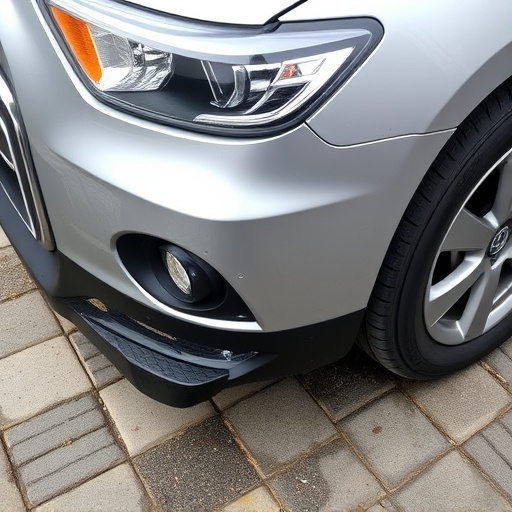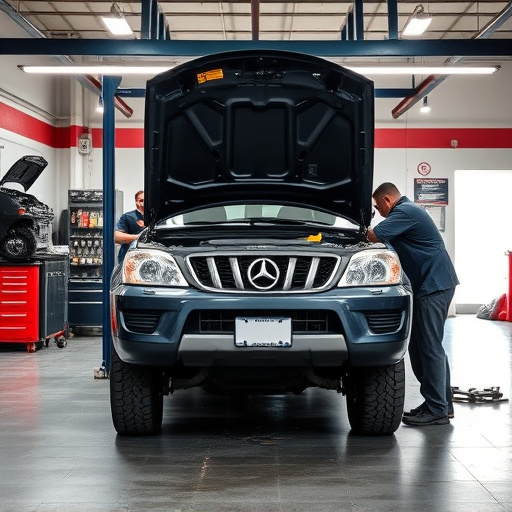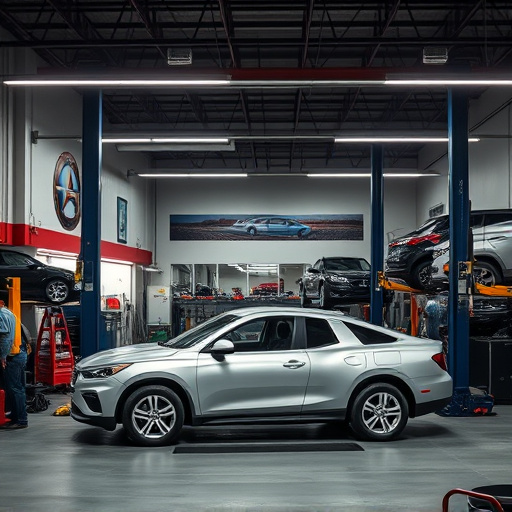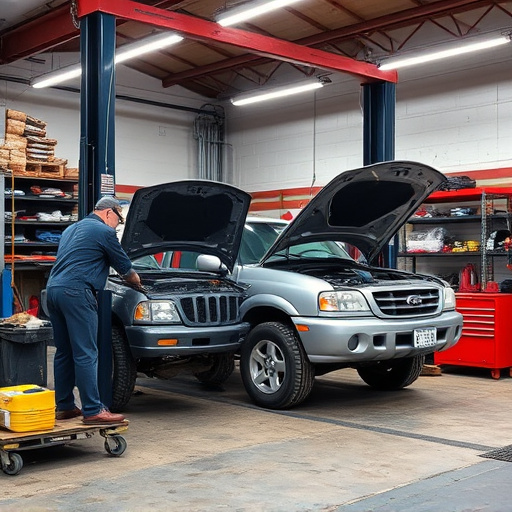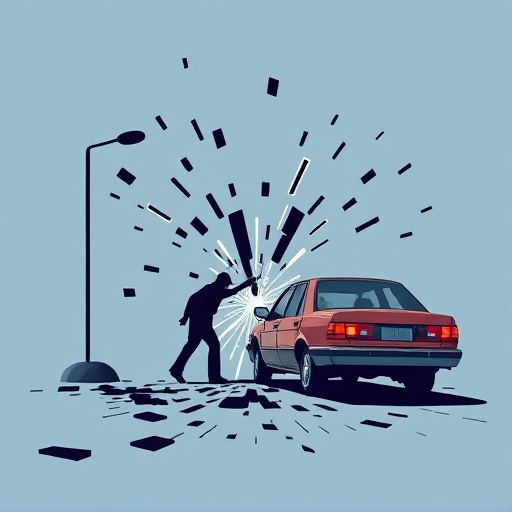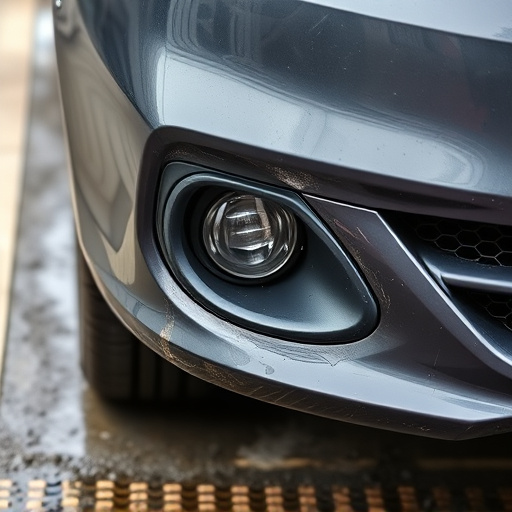Using a bumper repair kit at home saves time and money for DIY enthusiasts, but poses risks of further damage and safety hazards if not done properly. For complex damages, professional auto collision centers offer safer, more reliable repairs than DIY kits. Weigh benefits and drawbacks before choosing a bumper repair kit; consider severe issues requiring specialized services.
Consider repairing your damaged bumper at home with a bumper repair kit? This guide breaks down the pros and cons to help you make an informed decision. On one hand, DIY kits offer cost savings and convenience, allowing you to fix minor bumps and scratches without a trip to the body shop. On the other hand, improper application can lead to unsightly patches or even further damage. Weighing the advantages and disadvantages will equip you with the knowledge to choose the best course of action for your vehicle’s needs.
- Advantages of Using a Bumper Repair Kit at Home
- Disadvantages and Potential Risks of DIY Bumper Repairs
- Weighing the Pros and Cons for Effective Decision Making
Advantages of Using a Bumper Repair Kit at Home
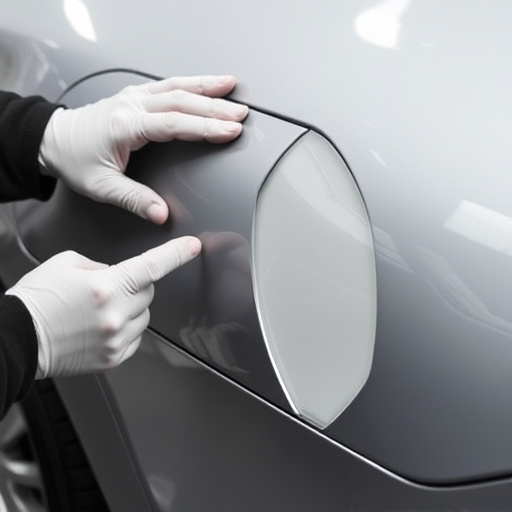
Using a bumper repair kit at home offers several advantages for DIY enthusiasts and those looking to save costs on vehicle maintenance. One of the key benefits is convenience. With a kit, you can fix minor dents or scratches in the comfort of your own garage or driveway, eliminating the need to visit a body shop or wait for an appointment. This saves time and often reduces expenses significantly, especially for small repairs.
Additionally, bumper repair kits empower individuals to take control of their vehicle’s appearance and maintenance. Many kits come with easy-to-follow instructions and all the necessary tools, making the process accessible even for those without formal automotive training. By repairing minor damage yourself, you can maintain the aesthetics of your vehicle and prevent more severe issues from arising, potentially extending the life of your car or truck through DIY vehicle repair services.
Disadvantages and Potential Risks of DIY Bumper Repairs
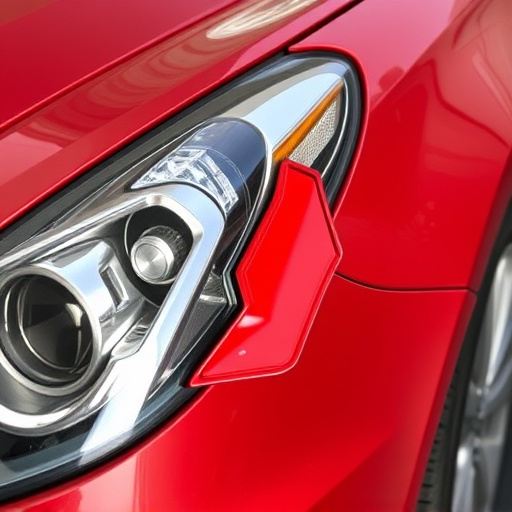
While bumper repair kits offer a tempting DIY solution for minor dents and scratches, there are several disadvantages and potential risks to consider before attempting repairs at home. One major concern is that amateurish or inaccurate repairs can actually cause further damage to your bumper’s finish and structural integrity. Improper application of the kit’s adhesives or filling materials might result in an uneven surface, leading to more noticeable imperfections than if left alone.
Additionally, attempting auto body repair without proper training can pose safety hazards. Bumper repair kits often contain toxic chemicals and hardware that require caution during handling and disposal. Moreover, working on a vehicle’s exterior requires precision, and even a slight miscalibration could compromise the bumper’s alignment with other car components, leading to potential mechanical issues down the line. For these reasons, many automotive experts recommend visiting an auto collision center for professional auto maintenance instead of attempting DIY repairs with a bumper repair kit.
Weighing the Pros and Cons for Effective Decision Making
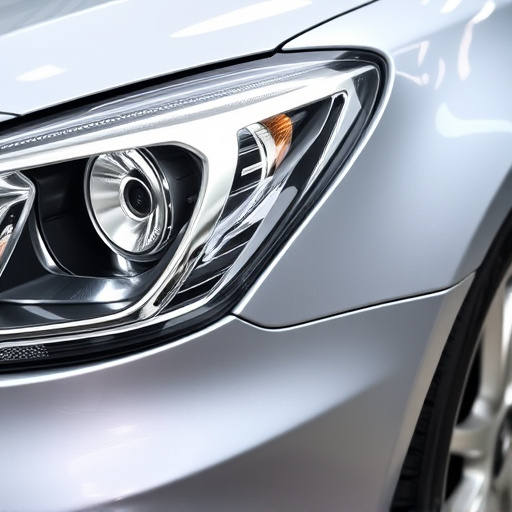
When considering a bumper repair kit for DIY repairs, weighing the pros and cons is essential for making an informed decision. On one hand, these kits offer a convenient and cost-effective solution for minor bumps and dents. They are easily accessible, allowing you to fix small damage quickly at home without the need for professional auto body shops or painting services. This can lead to significant time and monetary savings, especially for those with tight budgets or busy schedules.
On the other hand, while bumper repair kits are user-friendly, they might not be suitable for more complex or severe damages. For instance, deep dents, crumpled metal, or paint scratches may require specialized tools and expertise beyond what a typical kit provides. In such cases, seeking professional auto glass repair or Mercedes Benz repair services could ensure better results and prevent further damage. Comparing these factors will help you decide if a bumper repair kit is the best DIY option for your specific needs.
After weighing the pros and cons, it’s clear that using a bumper repair kit at home can be an effective solution for minor dents and scratches. These kits offer cost-effectiveness and convenience, allowing you to fix your bumper without professional fees. However, they also come with potential risks, such as poor results or further damage if not used correctly. Therefore, it’s crucial to carefully consider your skills, the extent of the damage, and available resources before deciding to attempt DIY bumper repairs with a repair kit.
